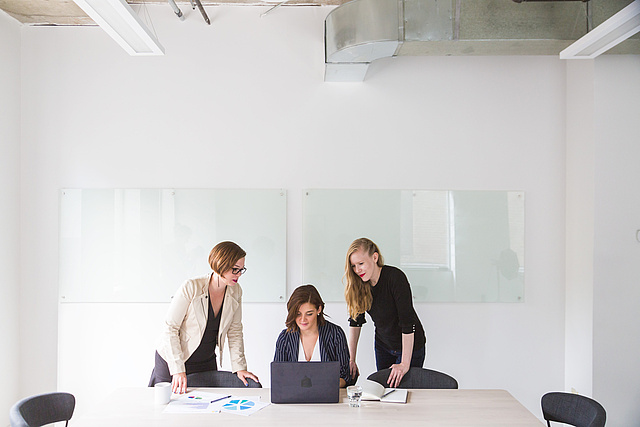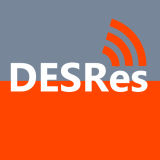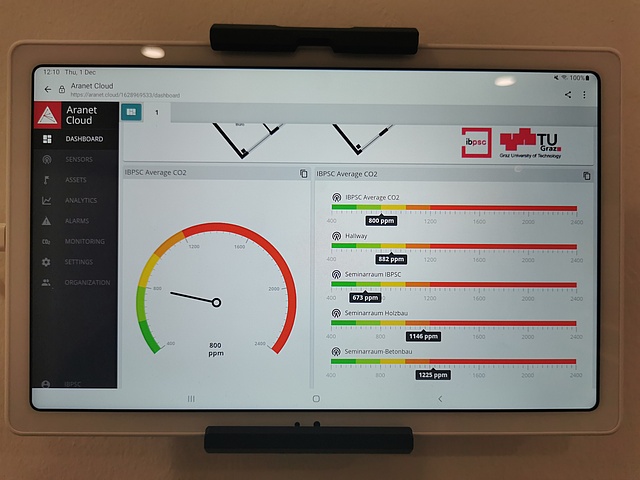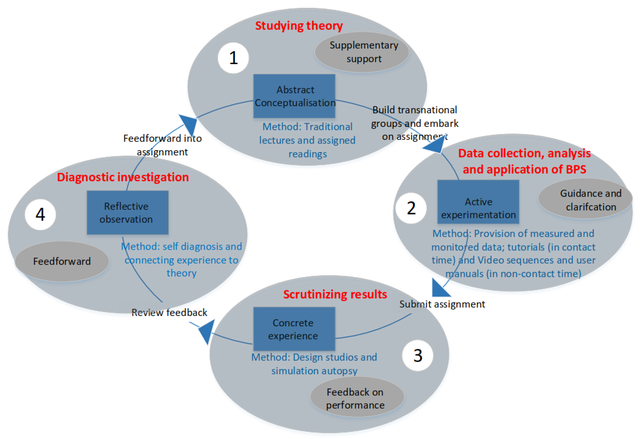Introduction and aim of the programme
Building performance and the future resilience of the built environment are the core themes of this program, which responds to the rapid and well-documented transitions occurring in the Earth’s climatic, environmental and social conditions. Measurement, modelling and simulation are tools that can be used to futureproof our response to these challenges in the built environment.
Building simulation is traditionally taught in a classroom setting with access to computer labs, where students learn how to use the software in direct contact with staff. In times of COVID-19 this is no longer possible. We are therefore targeting students who are enrolled in MSc programmes that include courses on building performance and resilience, but who are no longer able to participate in live classrooms activities. In this context, we propose a new pedagogical methodology that addresses the challenges of digital teaching but at the same time provides a platform for students to acquire the skills needed for a successful career.
We aim to develop the necessary skills by creating virtual test beds (linked to data from real buildings) so that students can explore existing designs and evaluate the impact of their design decisions in relation to key performance indicators including: health and wellbeing (TU Delft), energy and indoor air quality (TU Graz), and moisture and future resilience (University of Strathclyde).
Framework of the programme – continious learning cycle
We believe that digital learning can be enhanced by incorporating experiential learning methods where learning is an iterative process which takes place through reflection on doing. Thus, we have designed an innovative learning cycle using digital practices to teach building performance simulation in an experiential and reflective manner. The four modes are briefly described as follows:
-
Abstract conceptualization (AC) involves the study of data handling/ management, models and simulation methods through lectures, assigned readings, and group discussions. The objective is for the students to understand the theoretical implications of their choices of tools or alternate modelling methods, and to appreciate the uncertainties associated with analyses so that they can contextualize their findings.
-
Active experimentation (AE) involves the application of methods and tools in workshops.
This allows students to explore tools and alternate modelling methods to reinforce the theoretical studies. -
Concrete experience (CE) involves learning how to scrutinize results and diagnose issues with measurements, monitoring and modelling of buildings. This can happen through direct feedback and through the examination and autopsy of simulation results in a group setting. The objective is to impact a certain degree of 2 of 8
scepticism in data and tools and to encourage greater scrutiny of simulation predictions. -
Reflective observation (RO) involves self-diagnosis and reviewing and connecting experience to theory. Through these activities, students strengthen their understanding of building physics, models and simulation methods.
Objectives of the programme
The objectives of our approach are as follows:
-
to develop a digital Erasmus Programme to (I) address the continuing COVID-19 restrictions and limitations and (ii) to include those currently excluded and discouraged from participation in built environment disciplines for a variety of reasons;
-
to provide a learning platform for Master students to complete a digital learning cycle in building performance and resilience;
-
to offer a working environment in which students from multi-cultural and underrepresented backgrounds can thrive, and one which enhances diversity, equality and inclusion opportunities;
-
to challenge students to work in interdisciplinary and transnational teams to improve their social, communication and interpersonal skills;
-
to learn from each other (through peer-to-peer and scaffolded learning) by being part of the assessment process and learning to constructively critique their peers’ work.

The Digital Erasmus project has been funded with the support of the Erasmus+ Programme (grant agreement no.: 2020-1-AT01-KA226-HE-092643) of the European Union.
| IBPSC (TU Graz) |
| ibpsc@tugraz.at |


